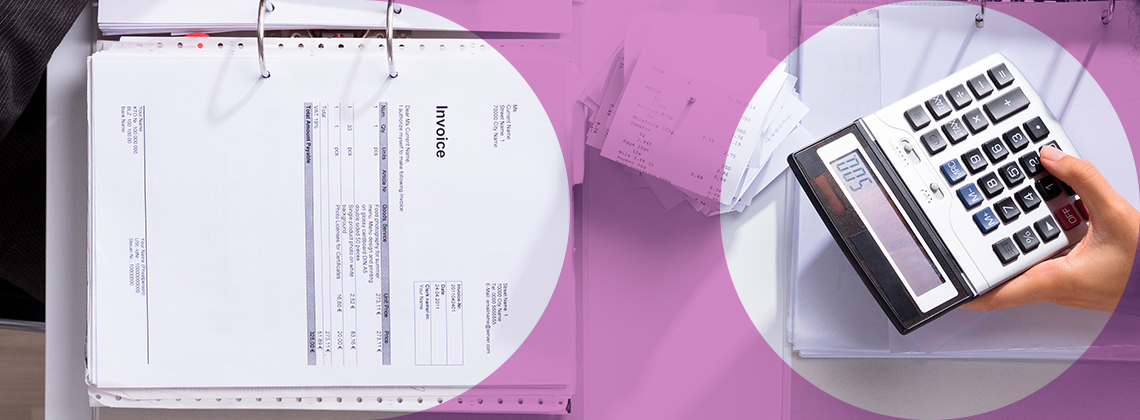Lexicon
What is an auditor?

An auditor is an independent professional who examines and verifies the accuracy of a company’s financial records and reports.
Auditors are responsible for ensuring that financial statements are accurate and in compliance with various laws and regulations. Auditor’s also provide assurance that an organisation’s financial statements are free from misstatements and fraud.
Put very simply; an auditor is like an accountant crossed with a detective. After investigating a company’s financial statements, an auditor writes a report detailing the findings. This practice is called an audit.
What does an auditor do?
An auditor measures the level of accuracy and clarity of a set of accounts to determine whether the company’s financials are ‘honest’. Auditors are responsible for examining and preparing financial documents and writing reports on their findings. As part of an audit, face-to-face meetings with managers and clients are also included.
An auditor typically does the following:
- Ensures that financial statements are accurate
- Verifies that financial statements are compliant with laws and regulations
- Prepares tax returns and calculates taxes owed
- Maintains accurate and timely tax payments
- Assesses the efficiency of accounting records and systems
- Establishes and maintains financial records
- Advises management on best practices
- Makes recommendations for reducing costs, increasing revenue, and improving profits
Depending on the company they work for, auditors often specialise in different areas. They may focus on assurance services (improving or clarifying information that decision-makers can understand) or risk management (determining the likelihood of financial documentation misstatements). Auditors may also specialise in specific industries, such as retail or finance.
Read more: The massive audit scandal that brought down Wirecard.
There are different types of auditors. These include:
Public auditors
A public auditor performs several accounting, auditing, taxation, and consulting tasks. They serve corporations, government agencies, and individuals. By law, clients must disclose financial documents to such auditors. These include tax forms and balance sheet statements. Public auditors may also specialise in forensic accounting or investigating financial crimes, including securities fraud, bankruptcy, and contract disputes.
Forensic auditors
Using their skills in accounting and finance, forensic auditors investigate whether an activity is illegal. Forensic auditors often work closely with law enforcement agencies and lawyers during investigations, and they are often called as expert witnesses during trials.
Internal auditors
An internal auditor inspects a company’s accounts for mismanagement. They must act as an internal financial and legal force for the company. They will also find and try to eliminate any potential fraudulent activity.
External auditors
The external auditor is an independent auditor who does not work for the company they audit. This type of auditor presents an independent and unbiased report to investors, government agencies, and general public companies.
Read more: Company directors will be personally liable for audit mistakes.

